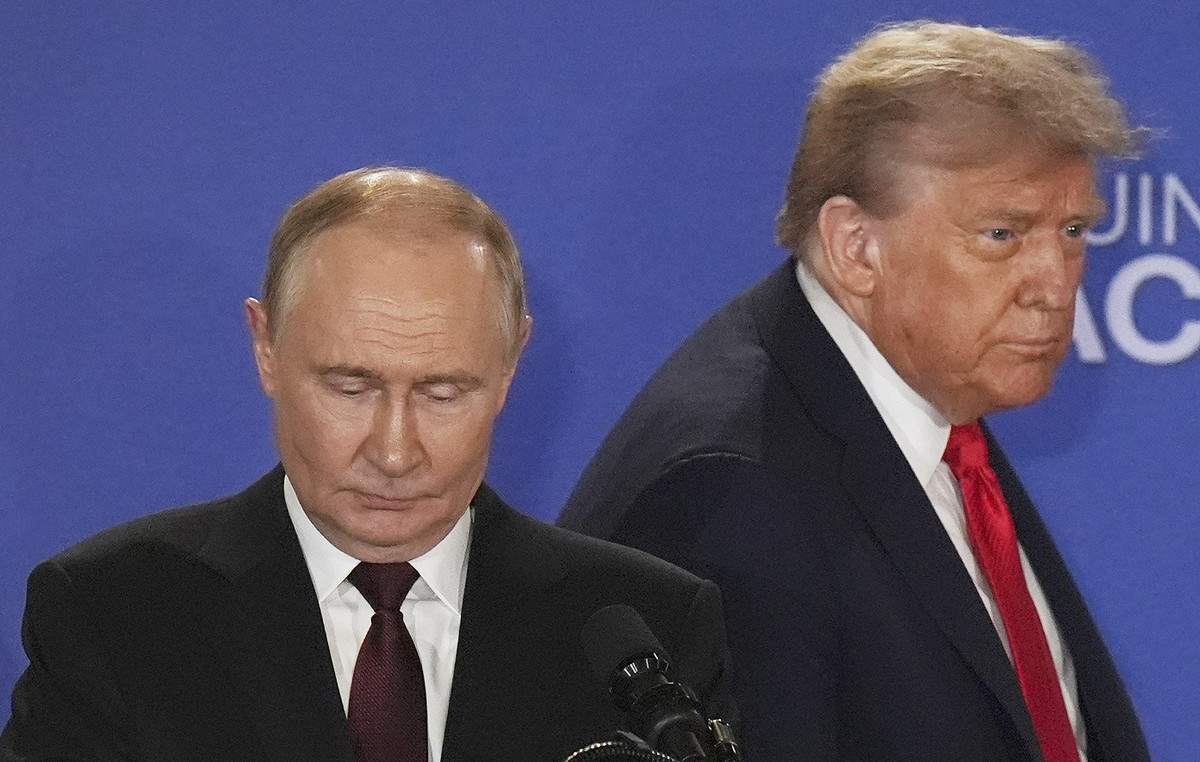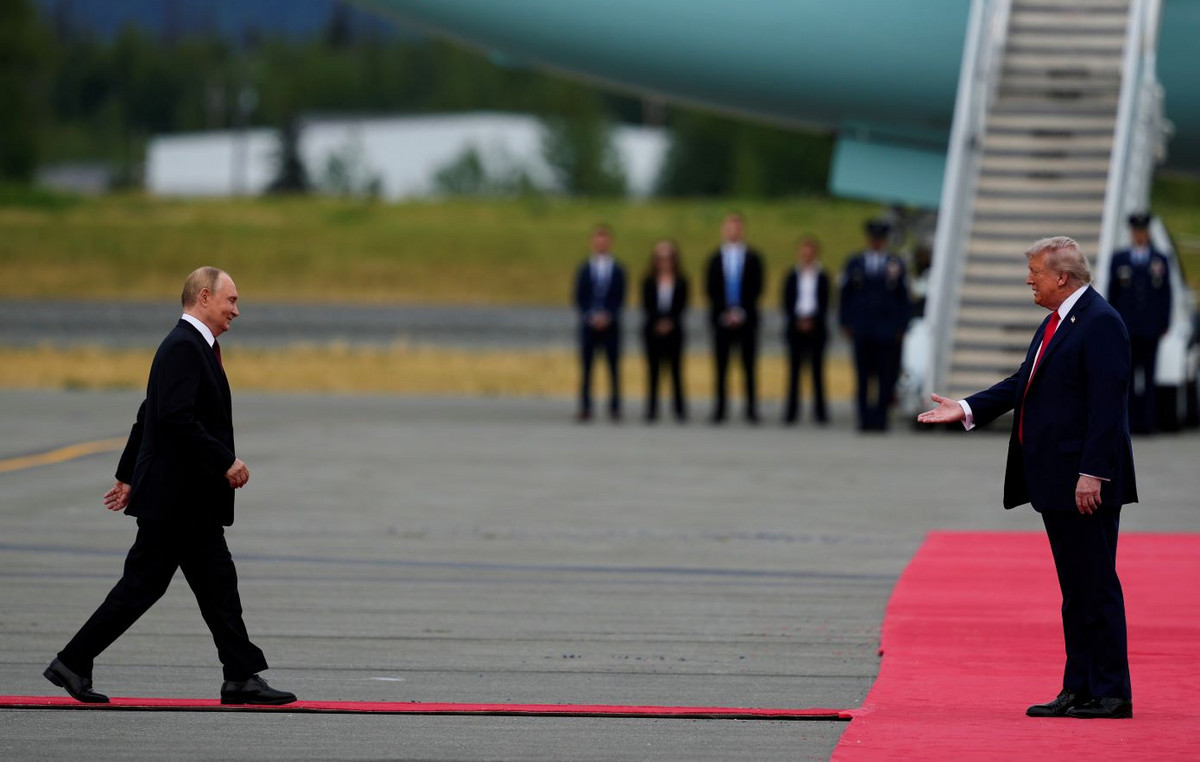Schwartz wrote on the social network X that one of the biggest obstacles is the need to observe strict regulatory requirements when using decentralized exchanges. Even Ripple itself cannot use the XRPL DEX for payments, because she fears that liquidity for payment can be provided with terrorists and other criminals. The inability to check the identity and conscientiousness of liquidity suppliers complicates the work of regulated organizations in open networks, Schwartz explained.
Ripple develops tools, the so -called “controlled domains”, with the help of which participants in the operations will be able to give a guarantee that transactions only with trusted and complies with all requirements by organizations. Such innovations can help increase the activity of large companies in the XRP Ledger, Schwartz wrote.
Can XRP cryptocurrency become unsuitable for corporate payments because of its volatility, especially in comparison with stablecoins tied to fiat currencies, the Ripple top manager asked the question. Schwartz is sure that in the case of XRP, volatility will be more likely an advantage, since the potential of long -term coin growth outweighs short -term risks.
Schwartz does not agree that due to the appearance of stablecoins, the need for “bridge assets” used for cross-border payments will disappear-when one statewort is converted, for example, in XRP, and then to another statewort. According to Schwartz, stablecoins can be stable only relative to one specific fiat coin. In addition, they are regulated by different rules, depending on jurisdiction. And XRP cryptocurrency is a neutral decentralized asset capable of combining tokenized securities and loan portfolios.
Schwartz explained why large companies, such as BlackRock, prefer to develop XRPL Ledger, and not their own blockchains, as Robinhood does. The fact is that the blockchain ecosystem does not flourish due to exclusivity, but due to the relationship, the representative of Ripple believes. He mentioned the company Circle, the USDC Steabelcoin issuer, if it launched tokens only on its blockchain, this would limit their distribution and liquidity. The same applies to tokenized assets – institutional investors will not want to limit themselves to their blockchains and will switch to open and liquid networks instead, the technical director of Ripple believes.
Schwartz tried to explain why the foreign authorities or corporations can be profitable to use the network managed by the American company Ripple? Because the XRPL Ledger is not an American platform and never discriminated for a single participant, otherwise people would stop using this blockchain, said the top manager. Even if the Ripple headquarters are in the United States, its management is licensed organizations around the world so that the company can work in various jurisdictions. However, Schwartz admitted that North Korea or Cuba, due to international sanctions, is unlikely to use Ripple technologies.
Earlier, David Schwartz told how tokenization can solve the problems associated with the possession of assets and their transfer. Last year, the Ripple Technical Director revealed his storage storage strategy and sale of crypto assets.
Source: Bits
I am an experienced journalist, writer, and editor with a passion for finance and business news. I have been working in the journalism field for over 6 years, covering a variety of topics from finance to technology. As an author at World Stock Market, I specialize in finance business-related topics.







